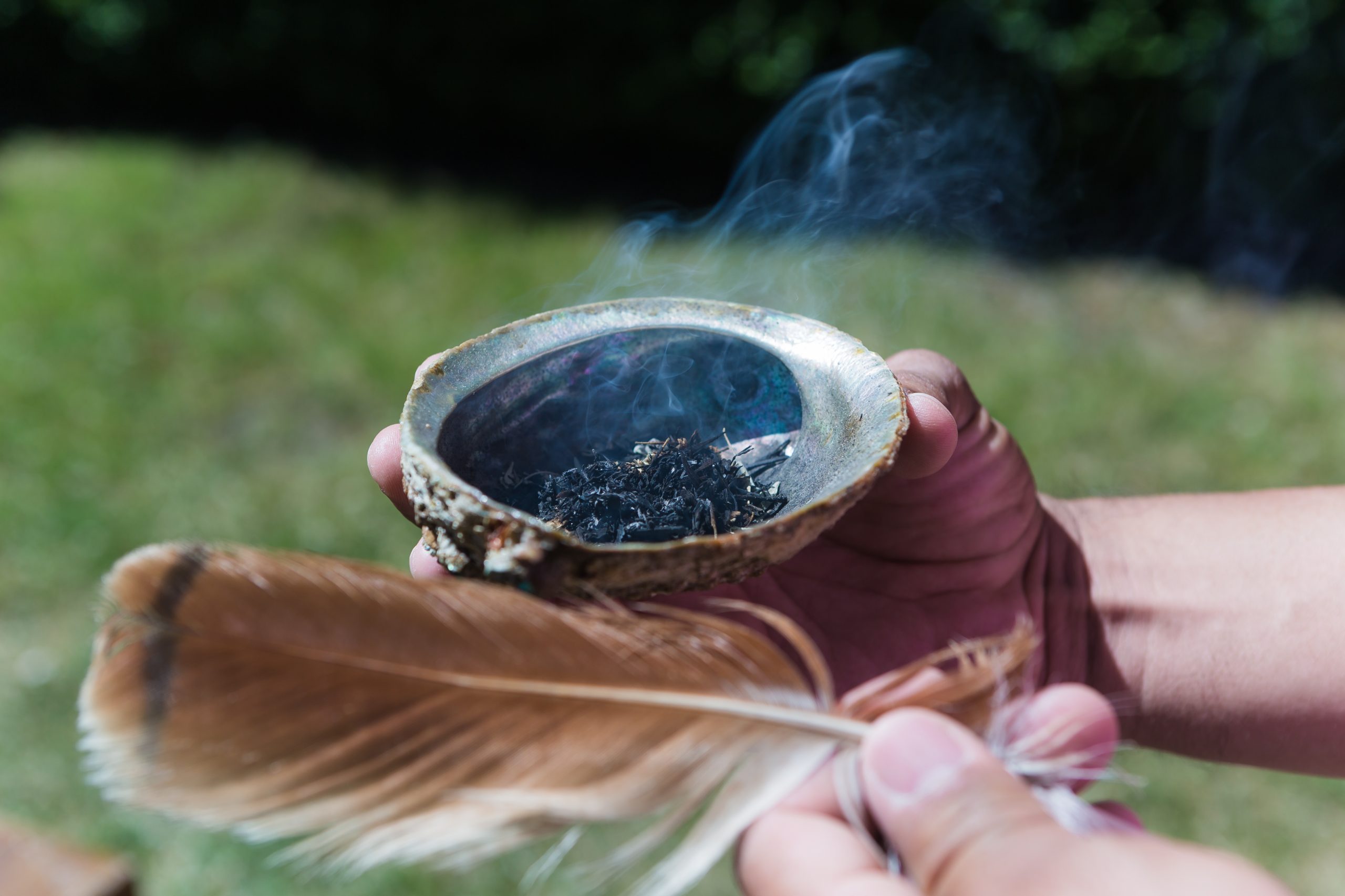

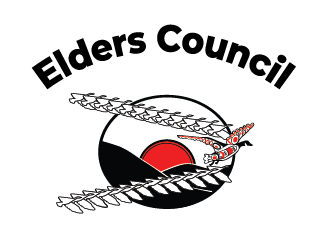
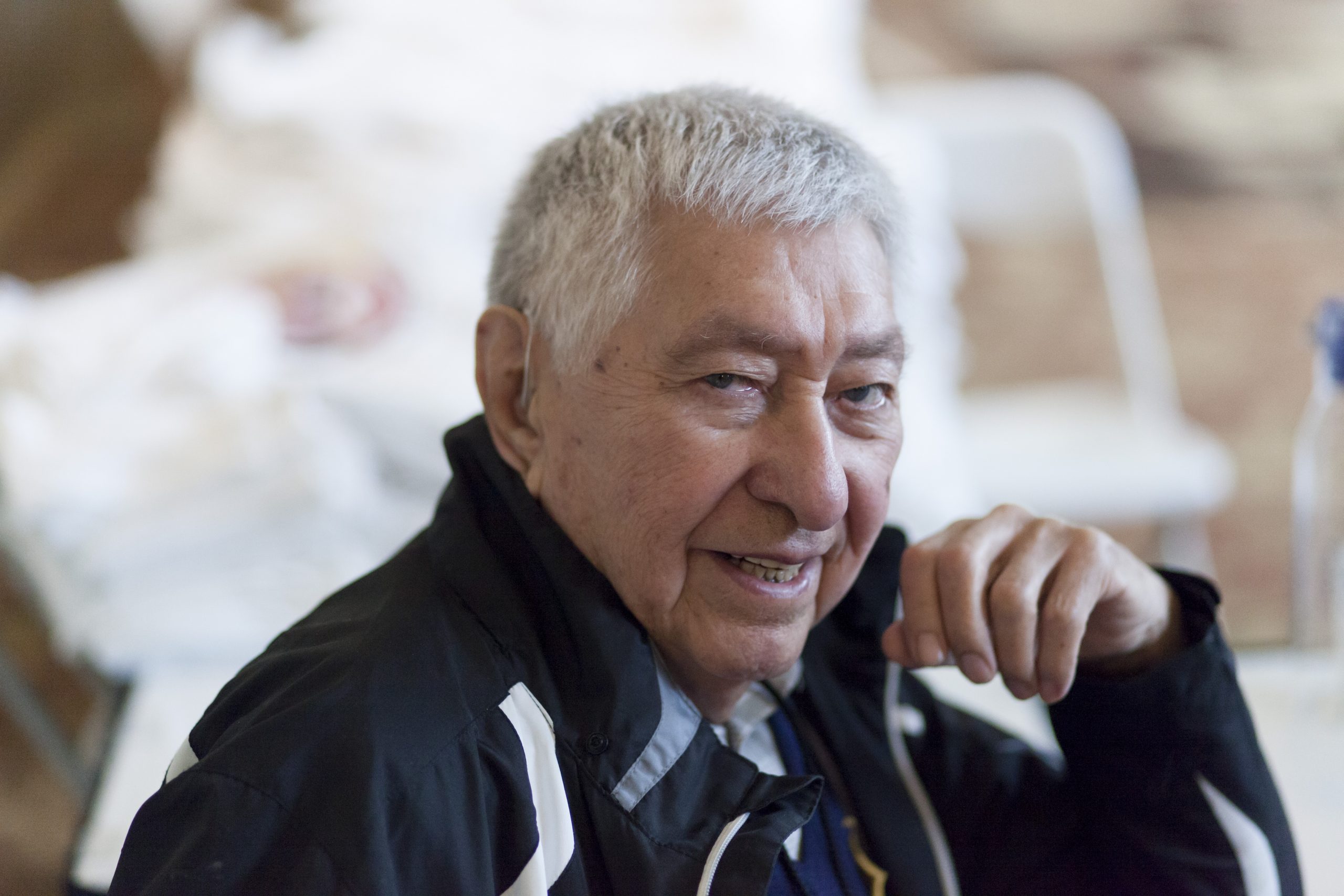
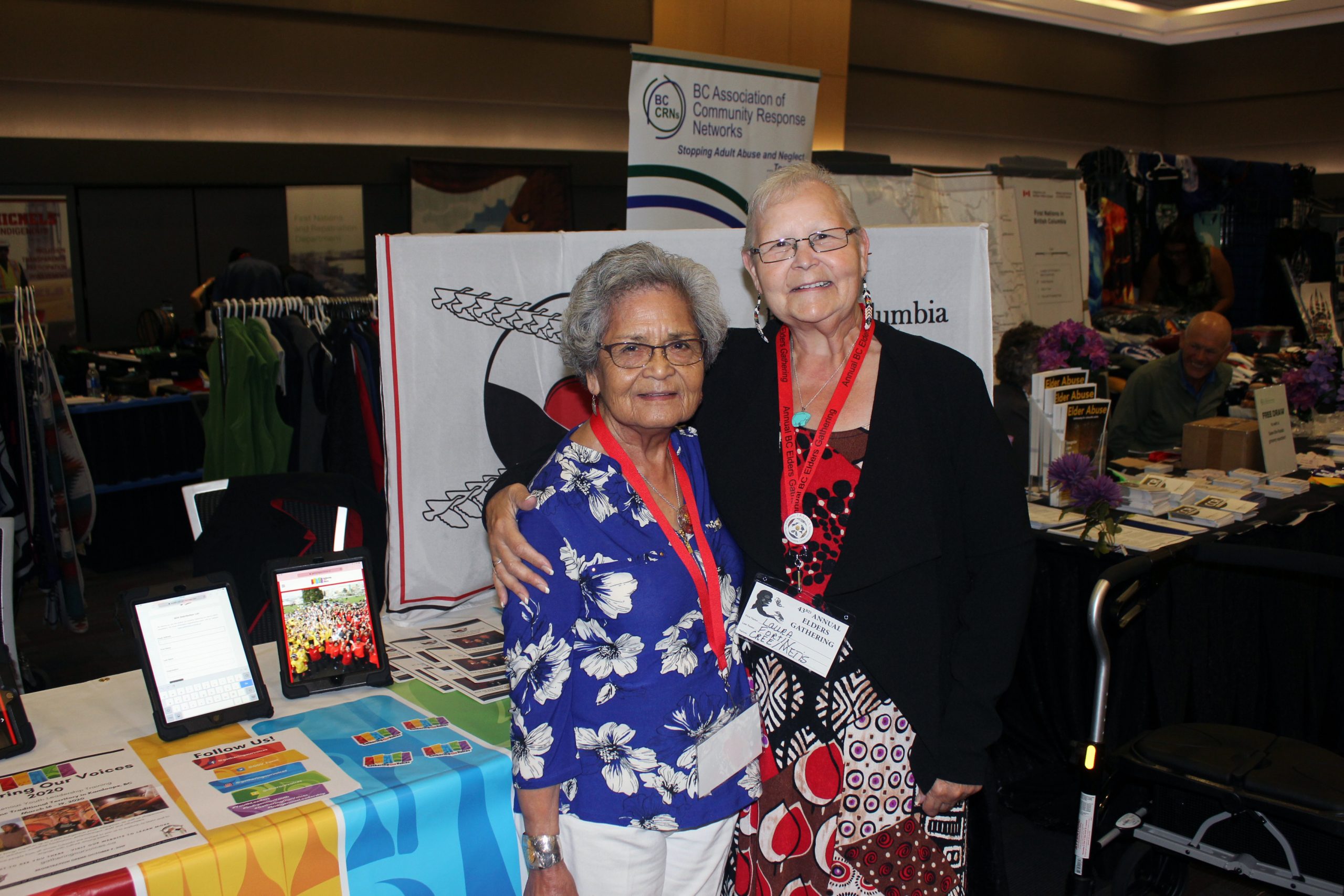
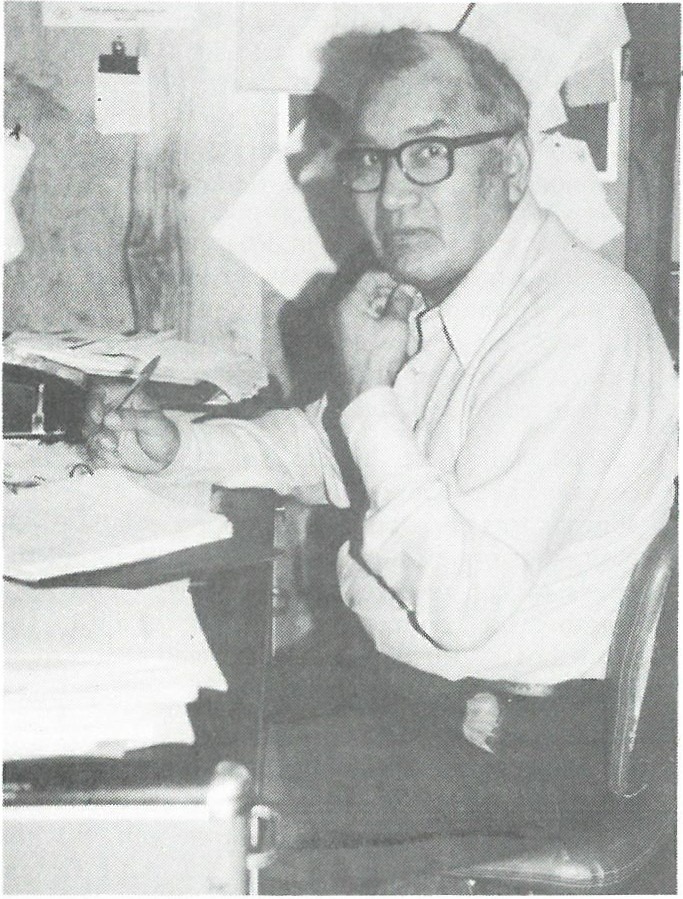 “Keep the balance, know your culture but take your place in society as well.”
“Keep the balance, know your culture but take your place in society as well.”
Andy was a Canadian war veteran and dedicated member of the Dze L Kan’t Friendship Centre. He became active with the centre to “do something constructive”, especially in the area of education.
Andy was passionate about supporting Indigenous youth to finish school and take advantage of apprenticeship programs in postsecondary education. He supported youth in combatting discrimination and breaking down barriers holding them back in education. Andy was dedicated to helping Indigenous youth get ahead and reminded them to remember where they came from while doing so.
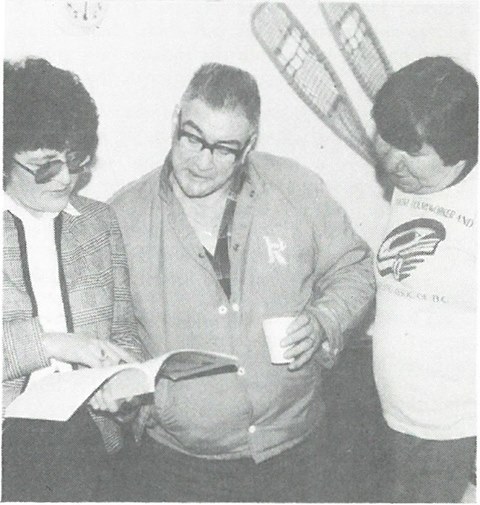 Building strong leaders
Building strong leaders
Harriet was passionate about supporting young people to become strong leaders in their communities. She helped develop a peer counselling course at Fort St. John’s Keeginaw Friendship Centre to assist young people on the verge of giving up on the educational system.
Harriet dedicated her time to boost the morale and self-confidence of youth students struggling to succeed. She identified discrimination in schools and insecurity with their Indigenous identity as barriers to growth and self-esteem in students. She worked with Elders to provide counselling to youth that helped them find a sense of purpose and empowerment.
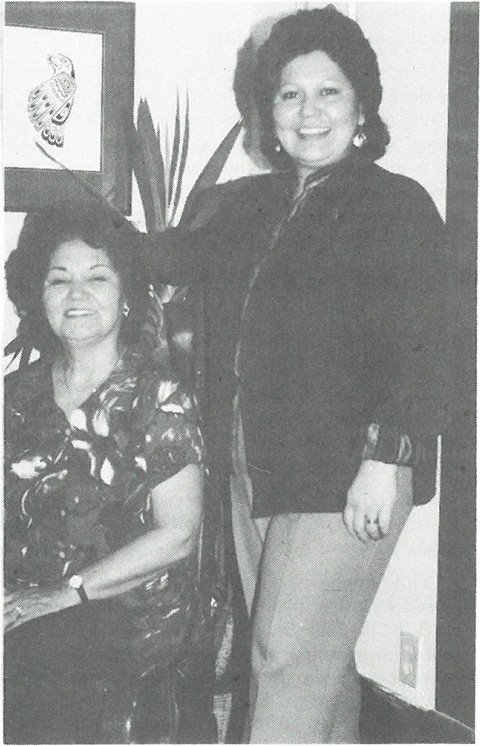 “Elders help youngsters to remember our stories”
“Elders help youngsters to remember our stories”
Ellen was the first President of what is now the Tillicum Lelum Aboriginal Friendship Centre. She was an author, storyteller, and education.
Ellen believed in the importance of language heritage, oral education, and using stories as teaching tools. She explained, “our tradition says that if you are lucky enough to hear a story you must share it.” Ellen often shared timeless words of wisdom regarding the importance of friendship.
“A child was told that to have friendship is the most precious thing you will carry for the rest of your life. To have no friends is like a little piece of wood drifting in the water. When the water goes out it goes out with it, when the water comes in it comes back in with it. You are floating along forever.”
She dedicated her time to ensuring the Friendship Centre Movement provided a safe space for people to find support, friendship and strength.
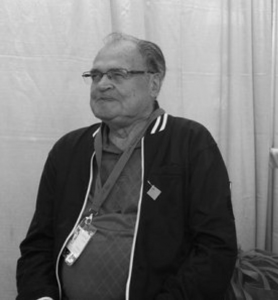 George Cook
George CookGeorge was involved in the Friendship Centre Movement for other 30 years. He was elected President of the Victoria Native Friendship Centre (VNFC) for nine consecutive years. And in 1989, George became the first Vice-President of the BCAAFC. Following his term as BCAAFC Vice-President, George served as a member on the BCAAFC Elders Council.
George said he gave his heart to the movement when he saw the help it was providing to urban Indigenous people. Inspired by his personal struggles as a young man, he understood the importance of support for Indigenous youth. George was a board member of the Tso-Tun Le Lum Substance Abuse Treatment Centre and volunteered his time to mentor youth at the centre.
George officially retired from the BCAAFC Elders Council in 2015. To this day, George and his wife, Ruth, mentor Indigenous youth. When asked about his vision for the future of Friendship Centres, his response was, “Those of us living in urban centers will continue to walk forward with the vision of attaining self-sufficiency. This is a goal that all Friendship Centres should attain. We must continue to welcome our brothers and sisters moving into the urban Communities. For myself, it is to continue to volunteer for the movement as long as my knowledge and time permits.”